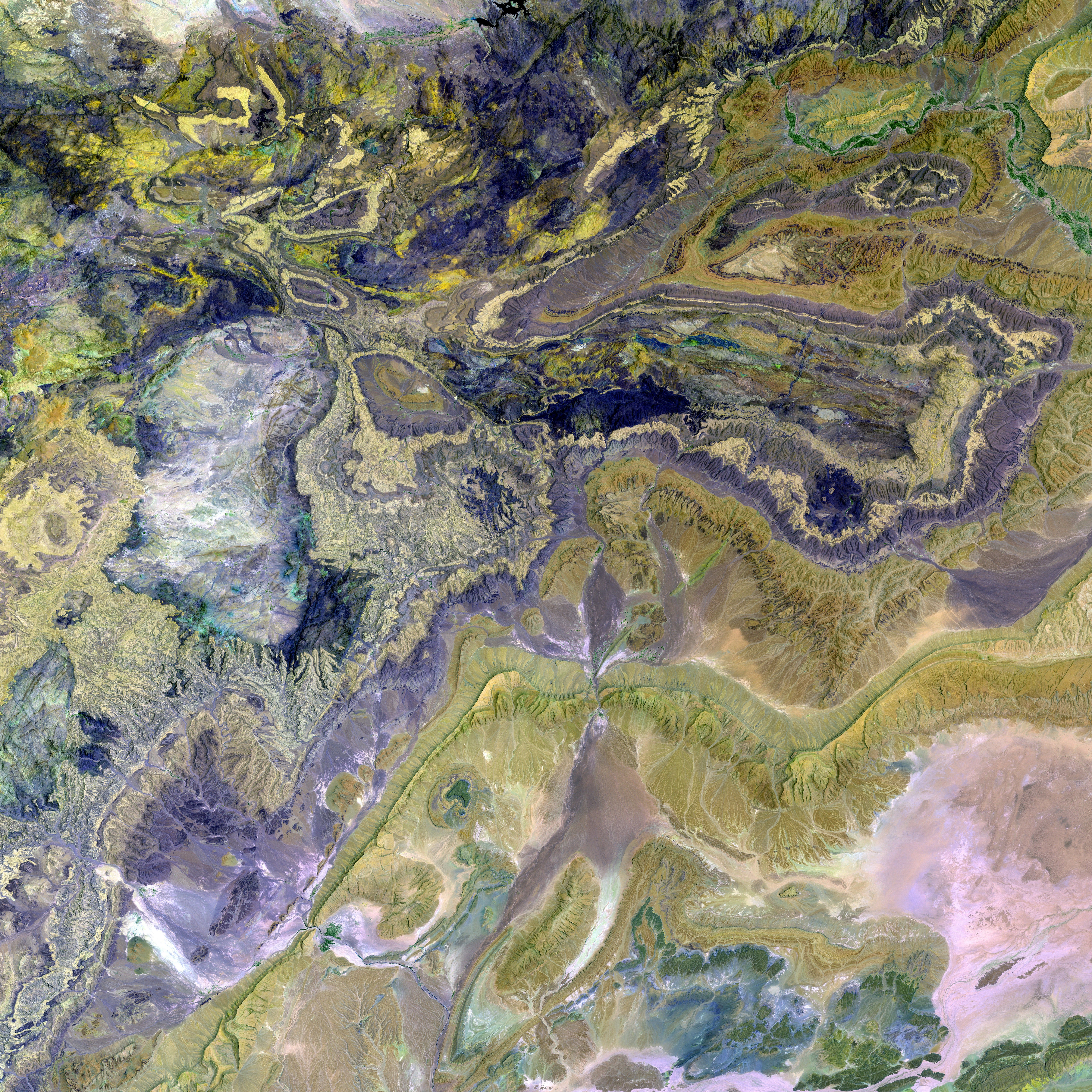The Deep, Dark Chasm of the Earth's Oceans: A Vast, Unknown Frontier
Underwater Enigmas Unveiled: Less Than a Tenth of a Percent of Deep-Sea Secrets Unraveled - Uncharted Depths of the Deep Sea: Humans Remain Unacquainted with a Tiny Fraction (0.001%) of Its Secrets
The deep sea, the murky abyss that comprises over 60% of our planet's surface, remains a largely unexplored enigma to humanity. According to a U.S. research team in the journal "Science Advances," less than 0.001 percent of the entire deep-sea floor has been directly observed by humans, equating to roughly the size of Belgium's land area.
A Deep Dive into Ignorance and Peril
Lead researcher, Katy Croff Bell, warns in a statement, "The limited exploration of this vast region poses a grave concern for science and policy, as the deep sea encounters intensified threats, from climate change to potential deep-sea mining and exploitation." A more comprehensive understanding of the ocean's ecosystems and processes is desperately needed for informed decision-making regarding protection and resource management.
Study data was derived from tens of thousands of deep-sea dives over the decades, with nearly 30 percent conducted before 1980, yielding only low-resolution black-and-white images.
The Depth Depends on Few
The research revealed regional discrepancies: High costs have limited deep-sea exploration to a select group of nations – the United States, Japan, New Zealand, France, and Germany account for 97 percent of all observations. Consequently, areas closely nearby these countries are more thoroughly explored, with a significant portion located within their 200-mile zones.
"This narrow and biased sample is problematic when it comes to characterizing, understanding, and managing the world's oceans," the authors write.
The deep sea is not just the playground of a few affluent nations, it harbors a critical role in climate regulation and the balance of our planet. Oceans are suffering substantial impacts from climate change, disproportionately absorbing the heat caused by human activities. While the upper layers are mostly well-studied, the ramifications in the deep sea remain largely unknown.
Not Everything Depicts the Whole Picture
Satellite technology can remotely map the seafloor, yet direct visual observations remain essential to understand the environment from which samples are taken or to study biodiversity progression. The study, however, faces a limitation: partial access to dive data, as some is owned by companies (e.g., oil or gas sector) or classified as secret.
Tackling the 'Unknowns'
Reducing knowledge gaps demands substantial efforts. As the necessary equipment becomes smaller and cheaper, it can enable smaller, less economically powerful countries to engage more in research. The authors advocate that expanded scientific exploration, international cooperation, and a commitment to preserving the ocean's bounty are vital towards shedding light on this mysterious world.
- Deep Sea
- World Ocean
- Black Hole (To set a more foreboding and intriguing tone)
- Galaxy (To emphasize the vastness of the deep sea)
- Moon (For contrast, the moon represents the relatively well-known territory compared to the deep sea)
In the Shadows: The Deep Sea is Demanding Our Attention
Global initiatives seek to unravel and protect the vast, largely unexplored deep sea, recognizing its critical role in Earth's climate regulation and ecosystem health:
- Pushing the Envelope of Scientific Exploration and Research: Recognizing the microscopic fraction of the deep seafloor that has been visually surveyed, efforts are underway to broaden access to deep-sea exploration utilizing emerging technologies, such as smaller, more economical deep-sea tools.
- Large-Scale, Multidisciplinary Projects: Calls for the launching of large-scale, long-term research projects aim to deepen understanding of the complexities of the deep sea and its impact on climate regulation and oxygen production.
- Transdisciplinary Research and Monitoring: Supporting programs that integrate various disciplines and long-term monitoring systems is essential to track changes related to climate impacts.
- Sustainable Management Frameworks: Protective measures and sustainable use strategies for human activities in the deep sea are advocated to minimize damage, ensuring the ocean’s ability to mitigate climate change by storing carbon dioxide and heat.
- International Scientific Committees and Legal Mechanisms: International cooperation through dedicated committees and legal frameworks is necessary to coordinate research efforts and translate scientific findings into conservation policies.
- Environmental Impact Assessments: Developing EIA methodologies specific to deep-sea activities is crucial for sustainable management and minimizing ecological disruption.
- Education, Capacity Building, and Technology Transfer: Expanding education, training, and research opportunities, fostering transparency, collaboration, and inclusivity in deep-sea research, is essential to protect our planet.
- Climate Change and the Deep Sea by 2025: Urgent action is needed to address the combined threats of climate change and biodiversity loss to avoid severe and irreversible ocean disruptions and preserve the health of Earth's vital life-support systems.
- The uncharted depths of the Earth's oceans demand global attention, as they play a critical role in Earth's climate regulation and ecosystem health.
- A push for the envelope of scientific exploration and research is underway, as efforts are being made to broaden access to deep-sea exploration using emerging technologies like smaller, more economical deep-sea tools.
- Large-scale, multidisciplinary projects are being proposed to deepen understanding of the complexities of the deep sea and its impact on climate regulation and oxygen production.
- Supporting programs that integrate various disciplines and long-term monitoring systems is essential to track changes related to climate impacts and changes in biodiversity.
- Protective measures and sustainable use strategies for human activities in the deep sea are advocated to minimize damage, ensuring the ocean’s ability to mitigate climate change by storing carbon dioxide and heat.
- International cooperation through dedicated committees and legal frameworks is necessary to coordinate research efforts and translate scientific findings into conservation policies. Additionally, developing EIA (Environmental Impact Assessment) methodologies specific to deep-sea activities is crucial for sustainable management and minimizing ecological disruption.
- Efforts to expand education, training, and research opportunities, fostering transparency, collaboration, and inclusivity in deep-sea research, are essential to protect our planet from the combined threats of climate change and biodiversity loss.
- Urgent action is needed by 2025 to address the combined threats of climate change and biodiversity loss in the deep sea to preserve the health of Earth's vital life-support systems.







